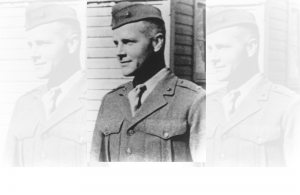Habit vs. intention: How much of human behavior is conscious decision-making?

Do you ever walk into a room, only to completely blank on why you’re there? That could be because, according to a new study, 65% of our actions are the result of habitual behaviors, as opposed to intentional motives.
A team of researchers from the U.S., U.K. and Australia devised a novel way to determine how conscious 105 participants were of their routine actions. How? By sending them a message six times a day over the course of one week, asking what they were doing, and whether that behavior was habitual or intentional.
The habits that shape us
What they found is that 65% of participants’ behavior began habitually, while 88% of behaviors were habitually executed. That means from start to finish, any given task was completed with little to no mental effort.
“People like to think of themselves as rational decision makers, who think carefully about what to do before they do it,” said lead author Dr. Amanda Rebar. “However, much of our repetitive behavior is undertaken with minimal forethought and is instead generated automatically, by habit.”
Destined to be mindless drones?
Incidentally, despite seemingly drifting through life like mindless drones, 46% of behaviors were not only undertaken habitually, but they were also done in service of a larger, conscious goal.
“Our research shows that while people may consciously want to do something, the actual initiation and performance of that behaviour is often done without thinking, driven by non-conscious habits,” said Benjamin Gardner, a professor at the University of Surrey and one of the study’s co-authors.
The post Habit vs. intention: How much of human behavior is conscious decision-making? appeared first on Straight Arrow News.





